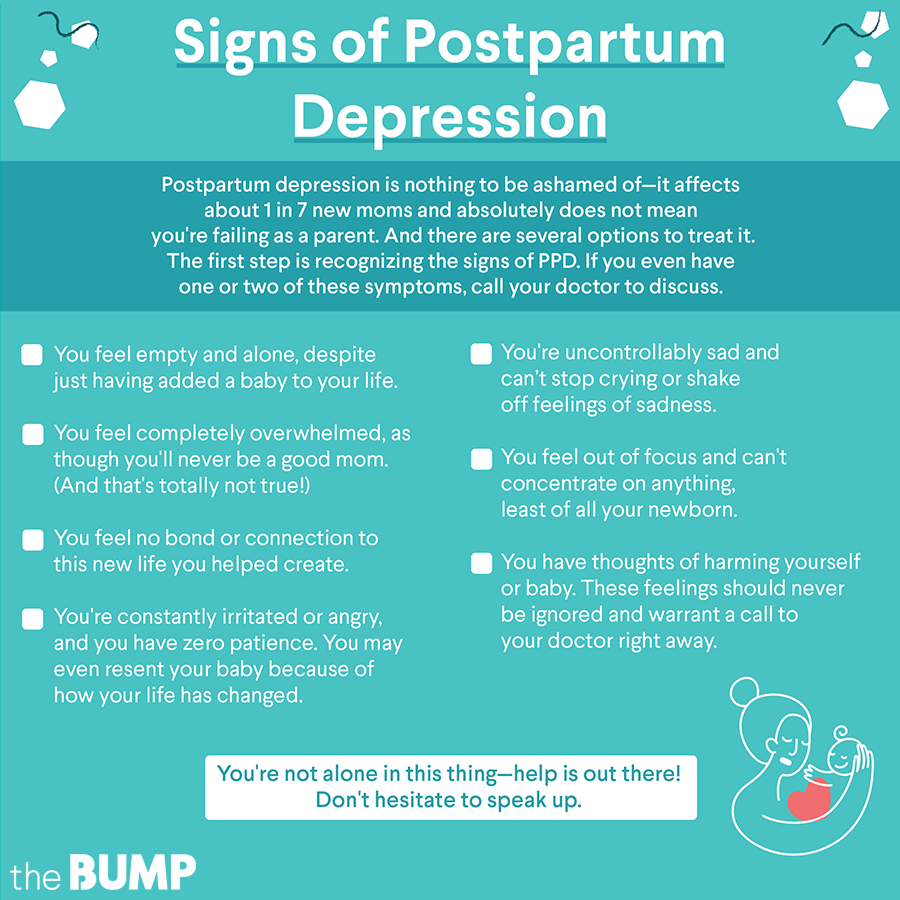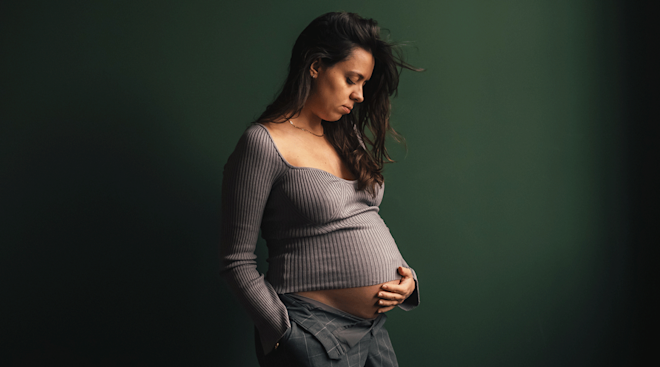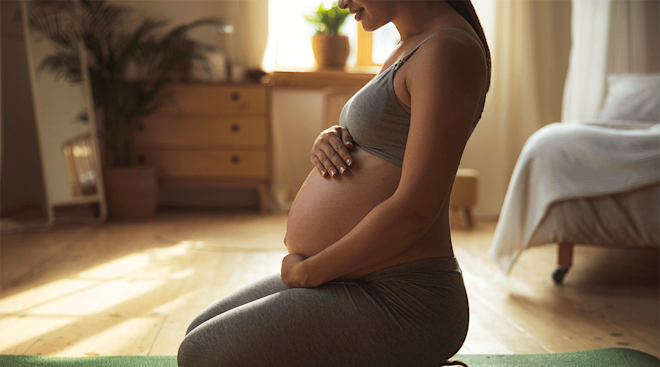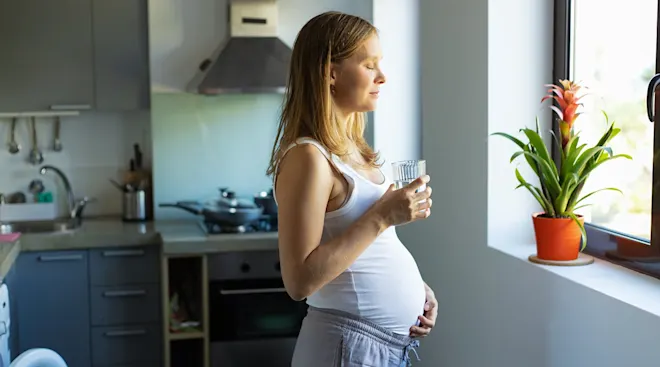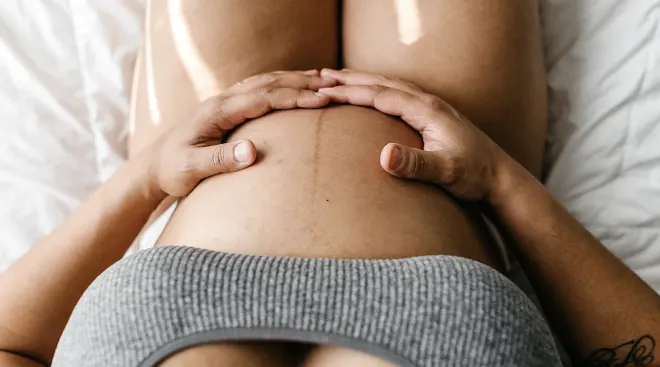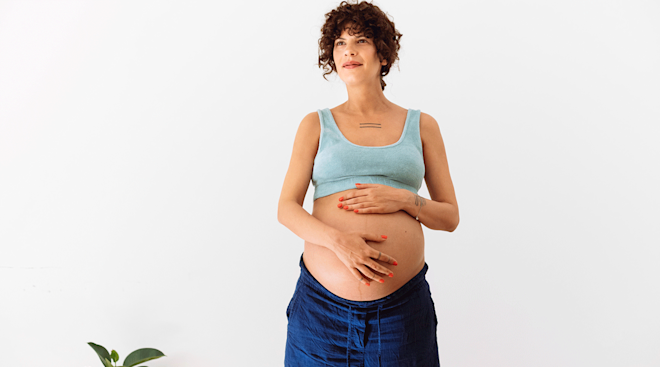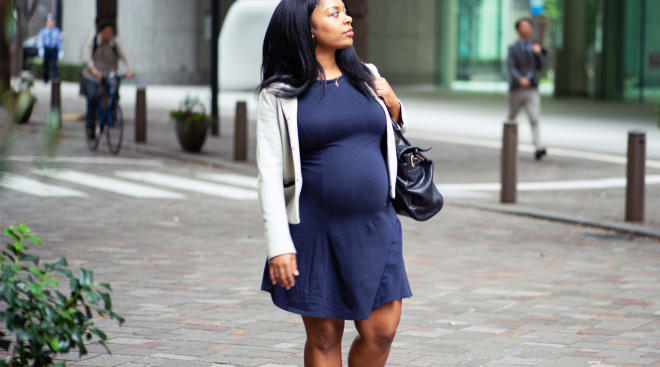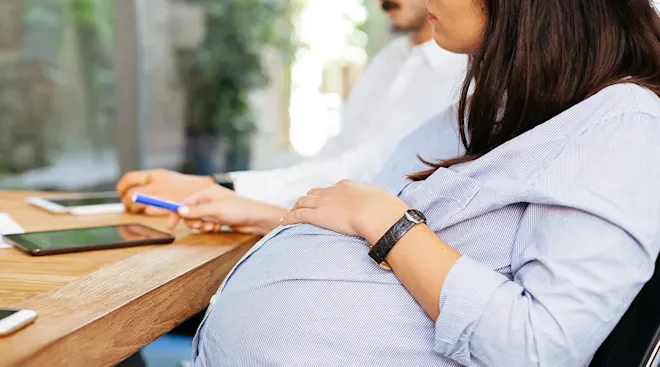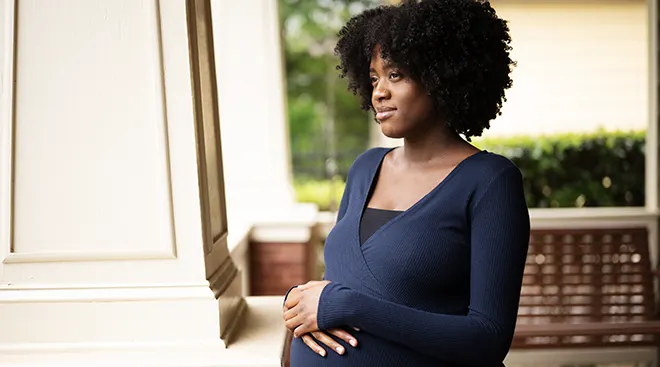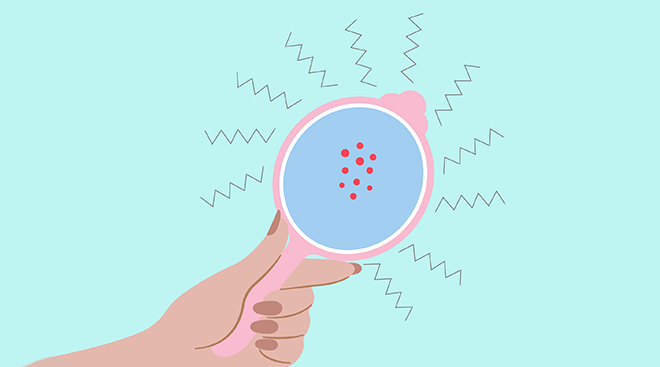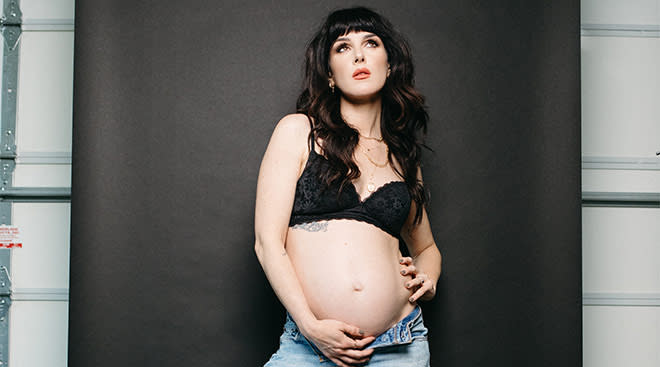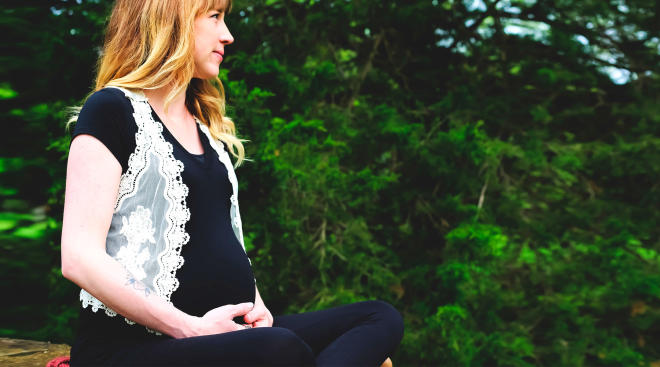Millennials Are More Likely to Feel Depressed During Pregnancy Than Generations Past
If you’re a pregnant millennial suffering from depression, you’re not alone. A study from the Journal of the American Medical Association (JAMA) found that the majority of surveyed millennial moms-to-be were experiencing symptoms of prenatal depression—a huge jump from depression rates among expectant women just 25 years ago.
Researchers have been following two generations of women in southwest England since the 1990s, and found depression rates among the first generation to be about 17 percent. But a look at moms-to-be born a generation later revealed that the rate of women reporting symptoms of depression like guilt, anxiety and sleep problems was significantly higher, at 51 percent.
Part of the problem, the study says, comes from changes in society and lifestyle, noting that “chronic stress, sleep deprivation, eating habits, sedentary lifestyle and the fast pace of modern life may be contributing to an increasing prevalence of depression among young people generally.” Of course, all of that gets even more difficult when pregnancy is added to the mix.
The report notes that this generation “has also experienced rapid change in technology, internet and social media use, which has been associated with increased feelings of depression and social isolation and changes to social relationships.”
Another possible reason for the findings: Researchers discovered that women whose mothers were depressed while carrying them in utero have a higher risk of suffering from it themselves when they got pregnant.
One thing to keep in mind, though, is that women today may also be more willing than their moms were to admit feeling depressed—there’s less of a stigma around mental illness and mental health issues than there used to be.
The takeaway: The study authors hope pregnant women will get screened for depression along with other standard health conditions, and that they’ll get more access to mental health resources in general as a result.
Review signs of postpartum depression here:
So do we. If all of this resonates with you on a personal level, help is available. Read more about depression during pregnancy, and talk to your doctor about what you’re experiencing.
Please note: The Bump and the materials and information it contains are not intended to, and do not constitute, medical or other health advice or diagnosis and should not be used as such. You should always consult with a qualified physician or health professional about your specific circumstances.
Navigate forward to interact with the calendar and select a date. Press the question mark key to get the keyboard shortcuts for changing dates.

































